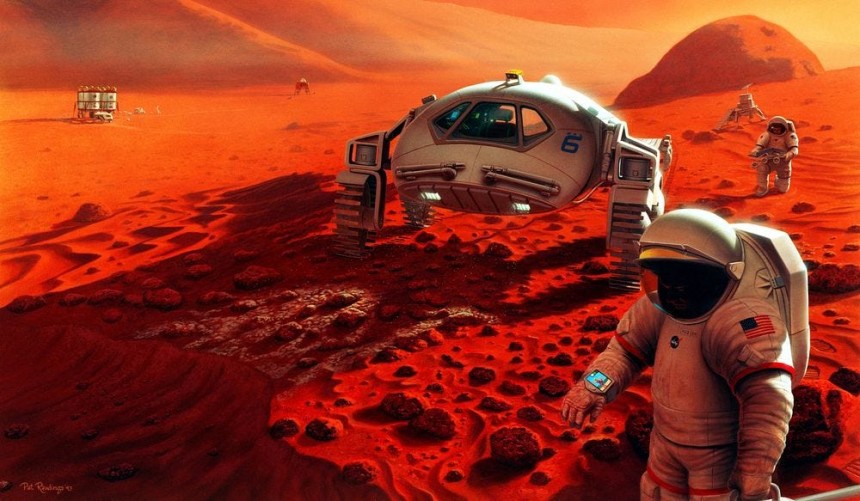
Future of Humanity Next Leap
1. The Next Destination: Mars Colonization
For years, scientists have been exploring the possibility of humans living on Mars. SpaceX, led by Elon Musk, aims to establish a self-sustaining city on Mars by the 2050s.
? Challenges of Mars colonization:
Harsh environment: Extreme temperatures and no breathable air. Long travel time: Takes about 7 months to reach Mars. Radiation exposure: Protection from cosmic rays is a major concern.
2. The Moon: Our First Space Colony?
Before Mars, the Moon could be our first step toward colonization. NASA’s Artemis program plans to build a lunar base where astronauts can live and conduct research.
? Why the Moon?
Shorter travel time: Takes only a few days to reach. Lunar resources: Water ice at the Moon’s poles can be used for drinking water and fuel production. A stepping stone: A Moon base can serve as a launchpad for deep space missions.
3. Space Tourism: A Billionaire’s Dream or a Future Reality?
Space tourism is no longer just science fiction! Companies like Blue Origin, SpaceX, and Virgin Galactic are already sending private citizens into space.
? Upcoming space tourism possibilities:
Orbital hotels where people can stay in space for vacations. Suborbital flights for a few minutes of zero gravity. Moon tourism where visitors can walk on the lunar surface.
Although expensive now, space tourism could become affordable in the next few decades, allowing more people to experience space travel.
4. Mining Asteroids: The Future of Space Economy
Asteroids contain valuable resources like gold, platinum, and rare metals. Instead of mining Earth’s limited resources, scientists are exploring asteroid mining.
? Benefits of asteroid mining:
Unlimited resources for future generations. Reduced environmental impact on Earth. Fuel and materials for building space colonies.
Several companies, including NASA and private firms, are working on robotic missions to extract and transport minerals from asteroids.
5. Challenges & Ethical Concerns of Space Colonization
While space colonization sounds exciting, it comes with ethical and scientific challenges:
❓ Who owns space resources? Should countries or companies claim territories in space? ❓ Can we protect alien environments from human destruction? ❓ How will space colonies be governed?
International space laws need to evolve to ensure space exploration benefits all of humanity and not just a few powerful nations or corporations.
Final Thoughts: The Future is Closer Than We Think
Space exploration and colonization are no longer distant dreams. With rapid advancements in technology, we might see the first humans living on the Moon or Mars within our lifetime. While challenges exist, human curiosity and innovation will continue to push boundaries.
? Would you live on Mars if given a chance? Share your thoughts in the comments!





